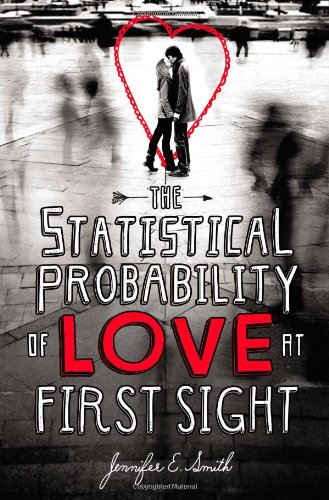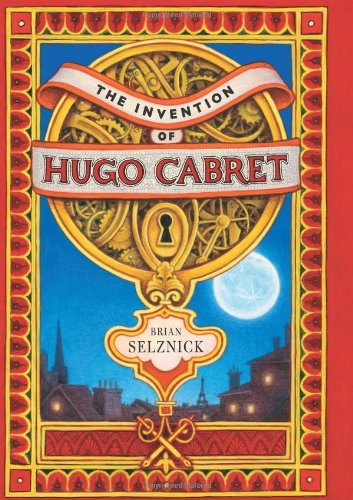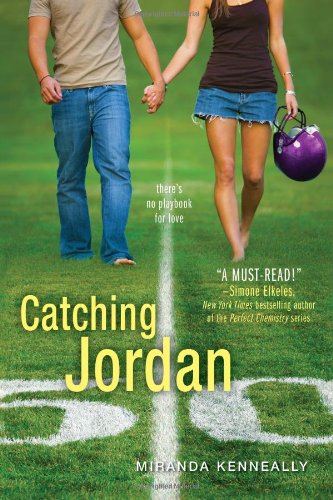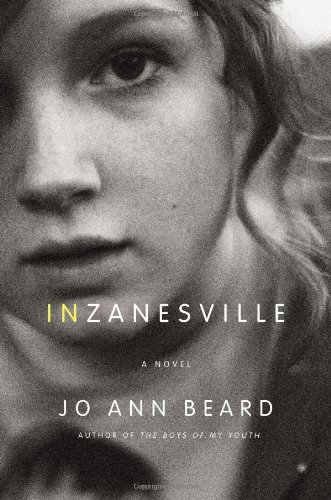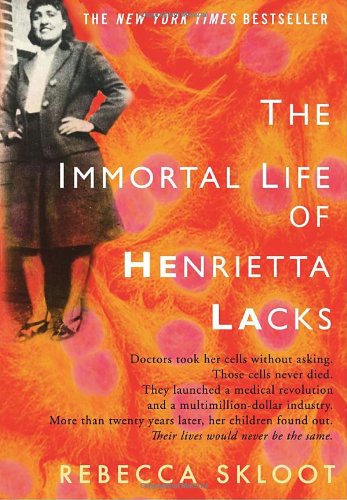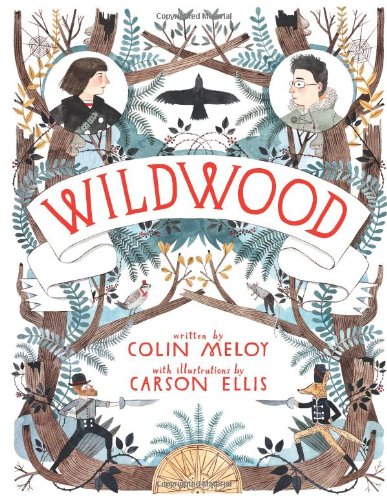September 13, 2011; Doubleday
Summary
The circus arrives without warning. No announcements precede it. It is simply there, when yesterday it was not. Within the black-and-white striped canvas tents is an utterly unique experience full of breathtaking amazements. It is called Le Cirque des Rêves, and it is only open at night.
But behind the scenes, a fierce competition is underway—a duel between two young magicians, Celia and Marco, who have been trained since childhood expressly for this purpose by their mercurial instructors. Unbeknownst to them, this is a game in which only one can be left standing, and the circus is but the stage for a remarkable battle of imagination and will. Despite themselves, however, Celia and Marco tumble headfirst into love—a deep, magical love that makes the lights flicker and the room grow warm whenever they so much as brush hands.
True love or not, the game must play out, and the fates of everyone involved, from the cast of extraordinary circus performers to the patrons, hang in the balance, suspended as precariously as the daring acrobats overhead.
Written in rich, seductive prose, this spell-casting novel is a feast for the senses and the heart. (courtesy of Goodreads)
Review
The Night Circus is a book about a circus. Way to state the obvious, right? But if you pick up this book based on the synopsis online or on the cover flap, you won't realize this. The official blurb made me expect an epic romance centered on two characters with a fast moving plot all culminating in love happily ever after. Somewhat like Water For Elephants. That is not The Night Circus. So what is it about? The Night Circus is a book with an ensemble of actors who are each essential cogs in an unusual machine. There is only one star: the circus itself.
Go into The Night Circus expecting a beautiful, but somewhat slow read. The book spans decades and switches back and forth between plotlines and time periods. It's rather confusing at first (scratch that - it's very confusing at first). This was initially a criticism, but the more and more I think about the book, the slight disorientation that you get from the alternating time periods and stories only adds to the mystery and wonderment of the novel. It is set mainly in the late 1800s and early 1900s, but it could have been set in any time period.
The descriptions of the circus are incredible. The Night Circus is a magical circus - it couldn't happen in real life - but the closest thing I can compare it to is Cirque du Soleil. Interspersed between plot focused chapters are small sections describing various aspects of the circus, each written with dark beauty. It feels like you are meandering through the circus as you progress through the novel. Erin Morgenstern must have written this novel with a paintbrush. I could see, smell, and taste the circus. It was enchanting. I wanted to lean into the book in hopes that I could be sucked into the pages. You must read this book simply for the description of that circus.
The various plotlines are hard to piece together at first, but coalesced about halfway through the book as I understood where the story was likely to go and just how the alternating time periods worked. The circus was created as a test for Celia and Marco, highly talented wizards who are pawns in a great chess game devised by their masters. But they love the circus and its people and are not content to merely be the players in the game. They seek to master the circus and protect it. As the synopsis emphasizes, they do fall in love, but theirs is a subtle relationship. It's not the most important part of the story.
The stories of the supporting characters are as interesting and as important to the story as that of Celia and Marco. My favorite were the twins, Widget and Poppet, who were raised in the circus and perform an amazing show with trained kittens. Plus, I loved Bailey, a Massachusetts farm boy who longs for something more than sheep and cows and cannot keep himself away from the circus. The Night Circus switches back and forth between probably a dozen subplots. It is confusing and it is slow, but it is also complex and beautiful and fulfilling.
The Night Circus is a fine wine. Enigmatic, complicated, and full of subtle flavors that only reveal themselves over time. If you chug it down, it will be boring and flat, but if you sip it slowly and savor it, the book will unfold into a thousand layers, each more fascinating than the last. It is the type of book that you like better a month after you read it than when you finished the final page. The magic only grows.





